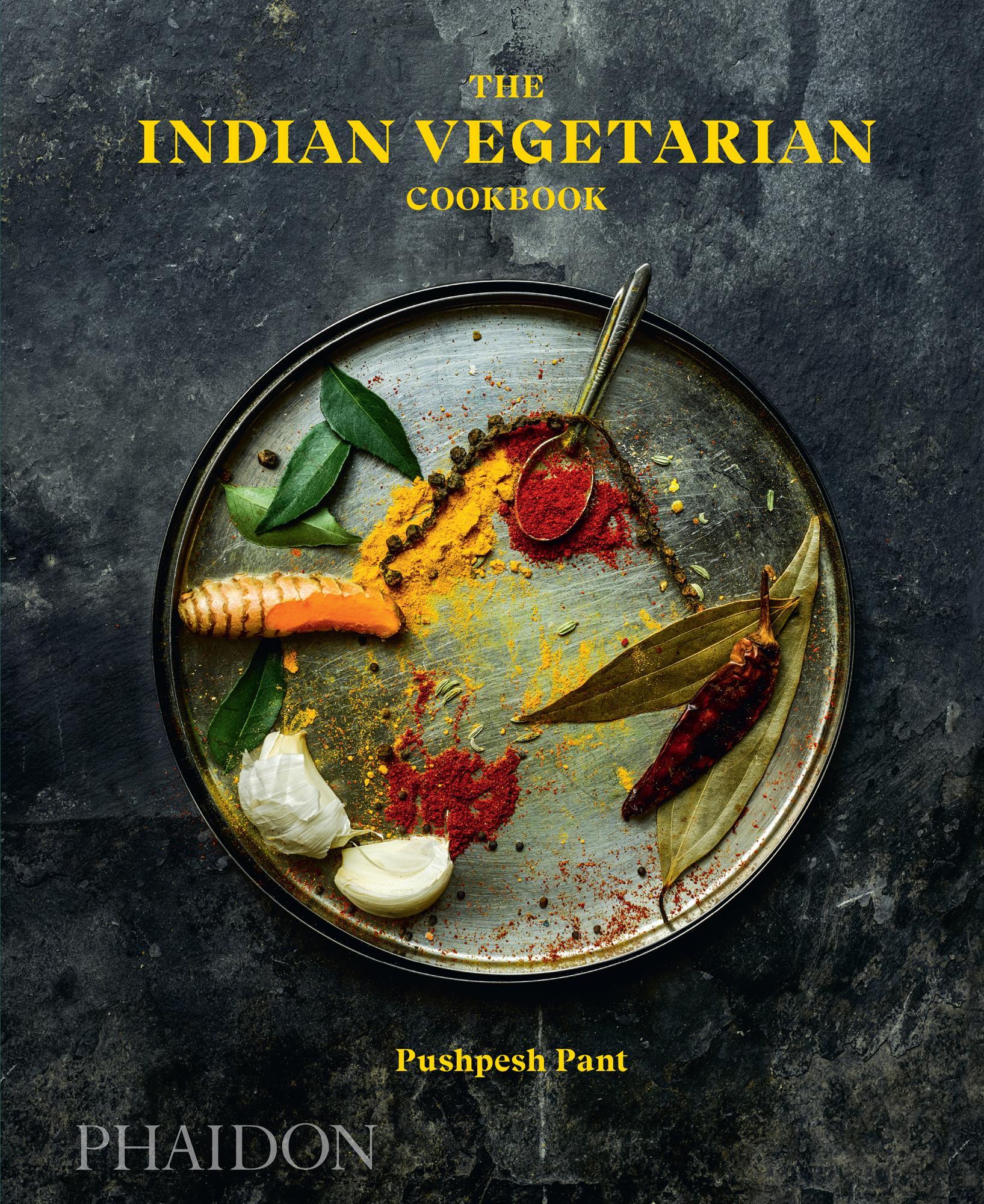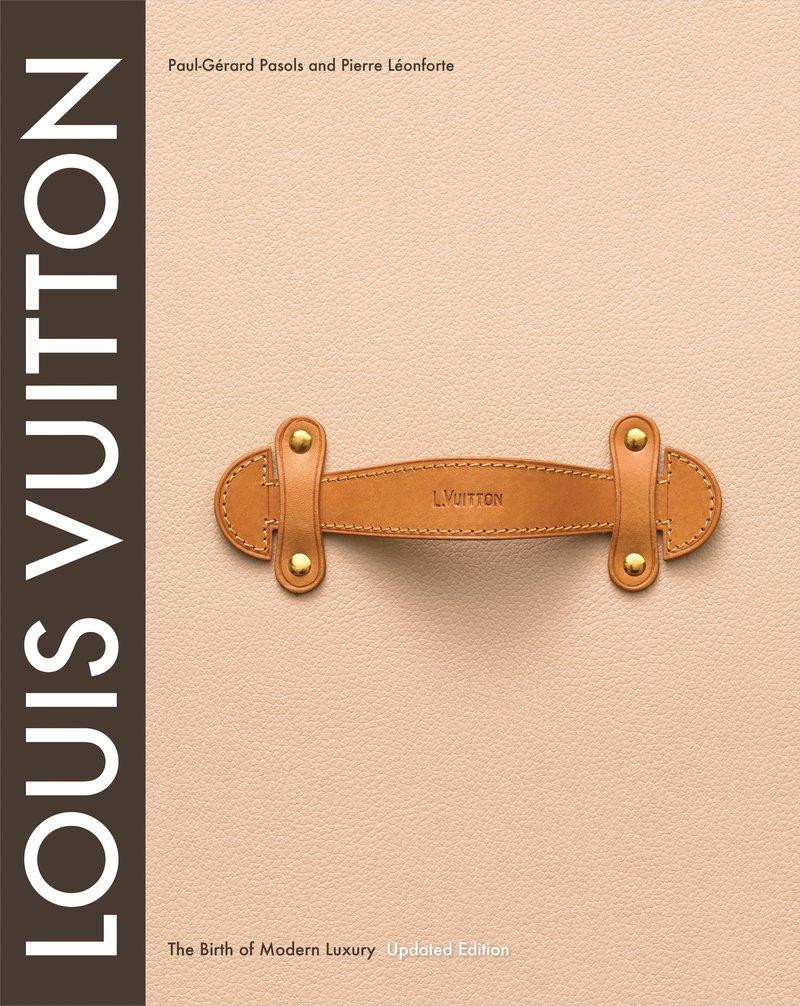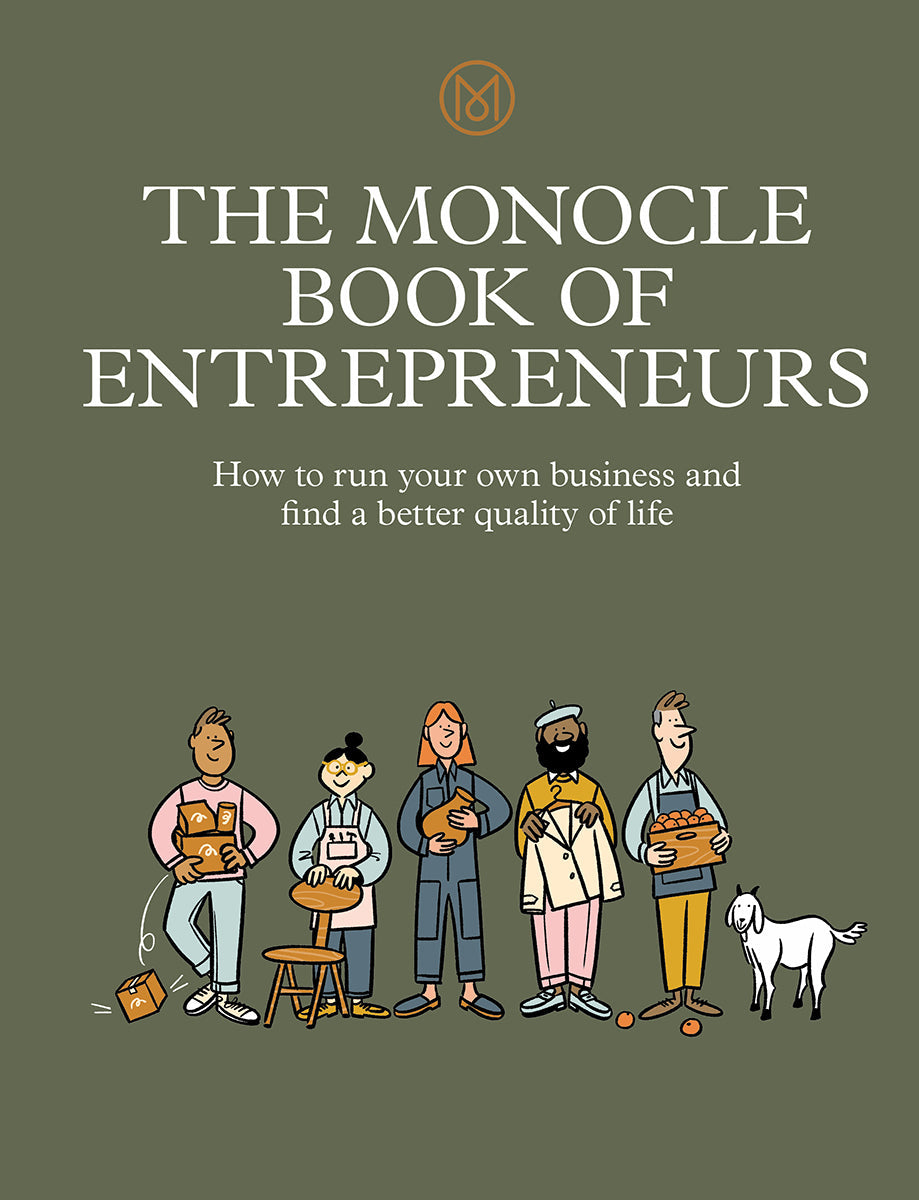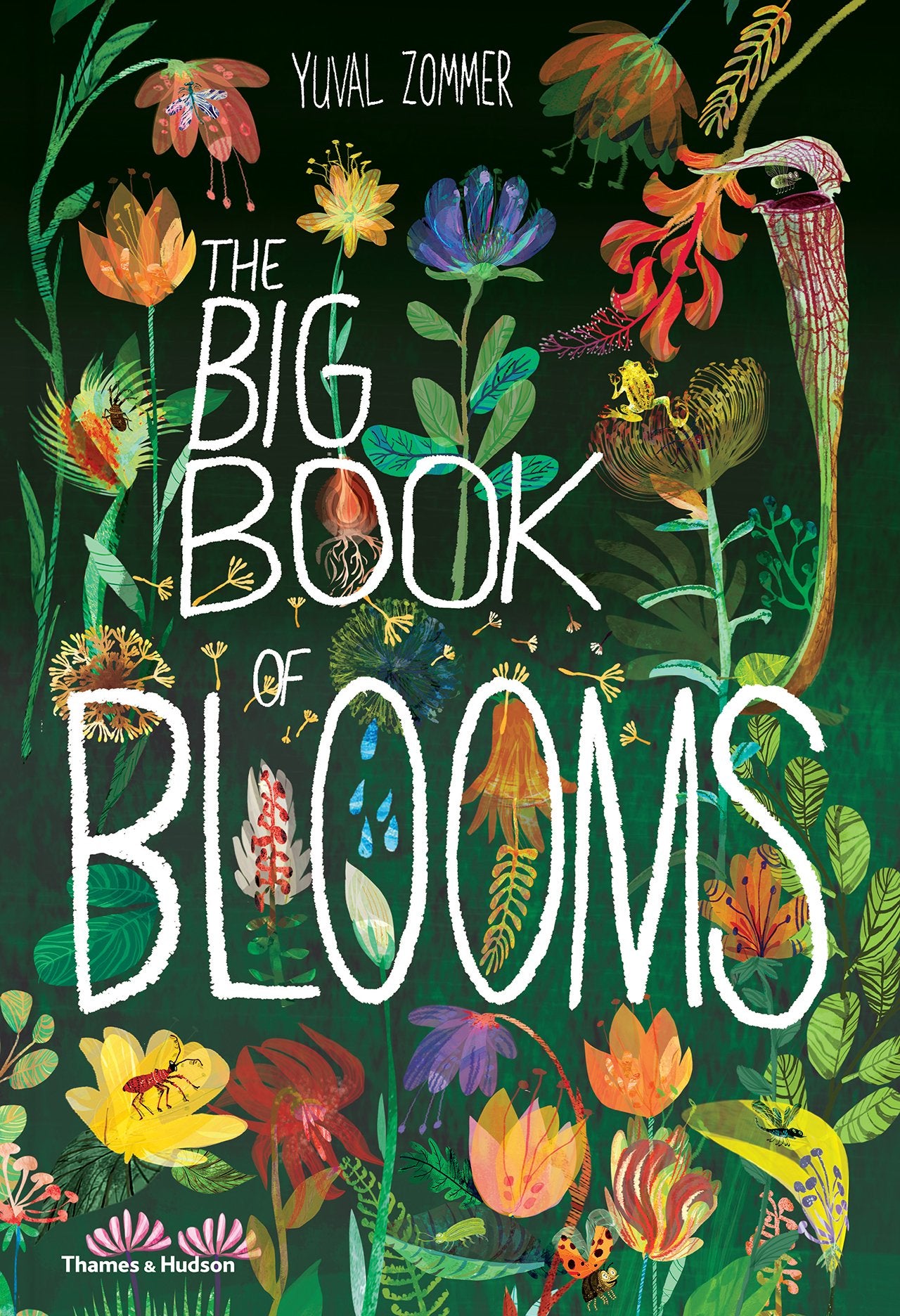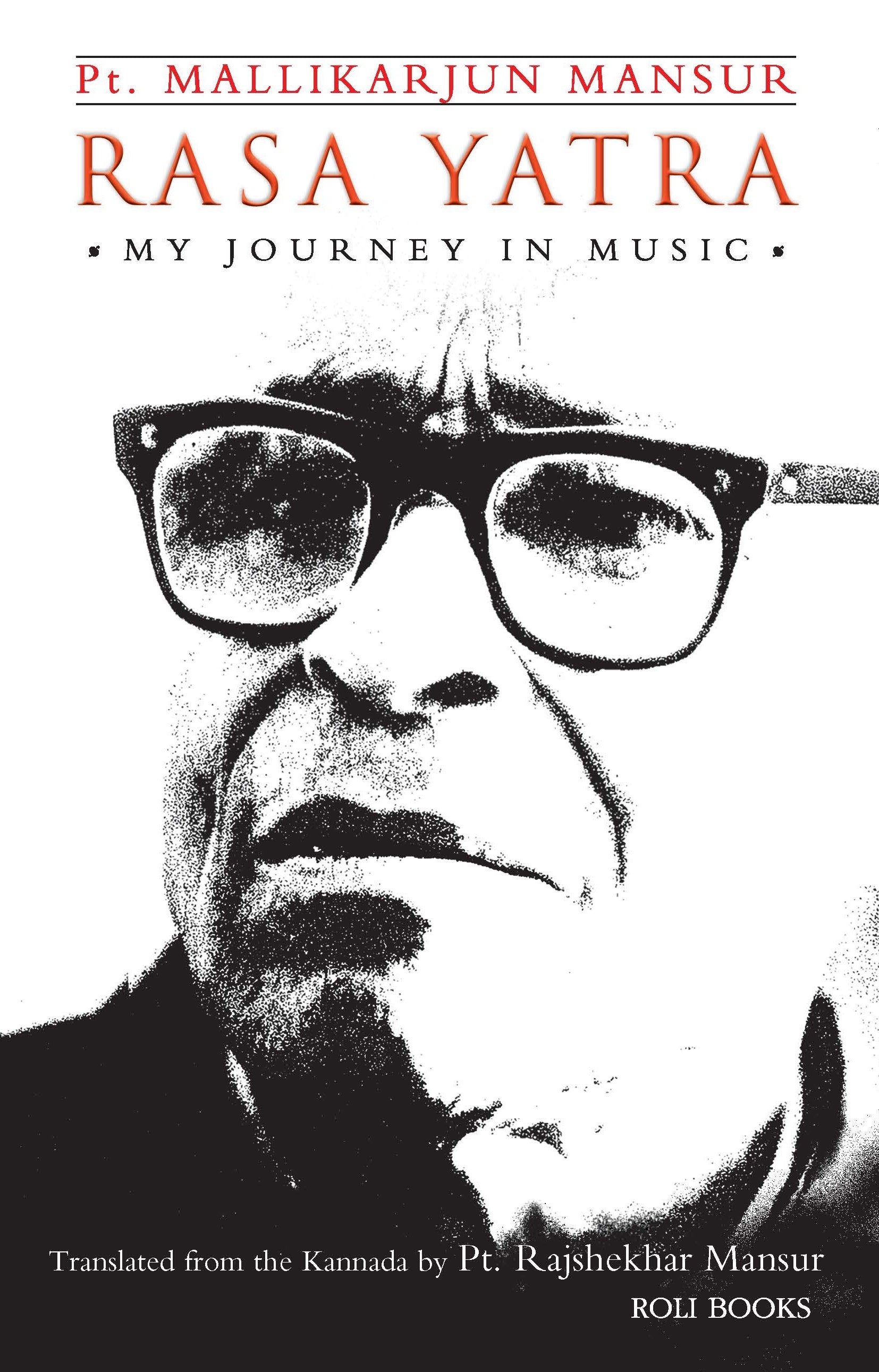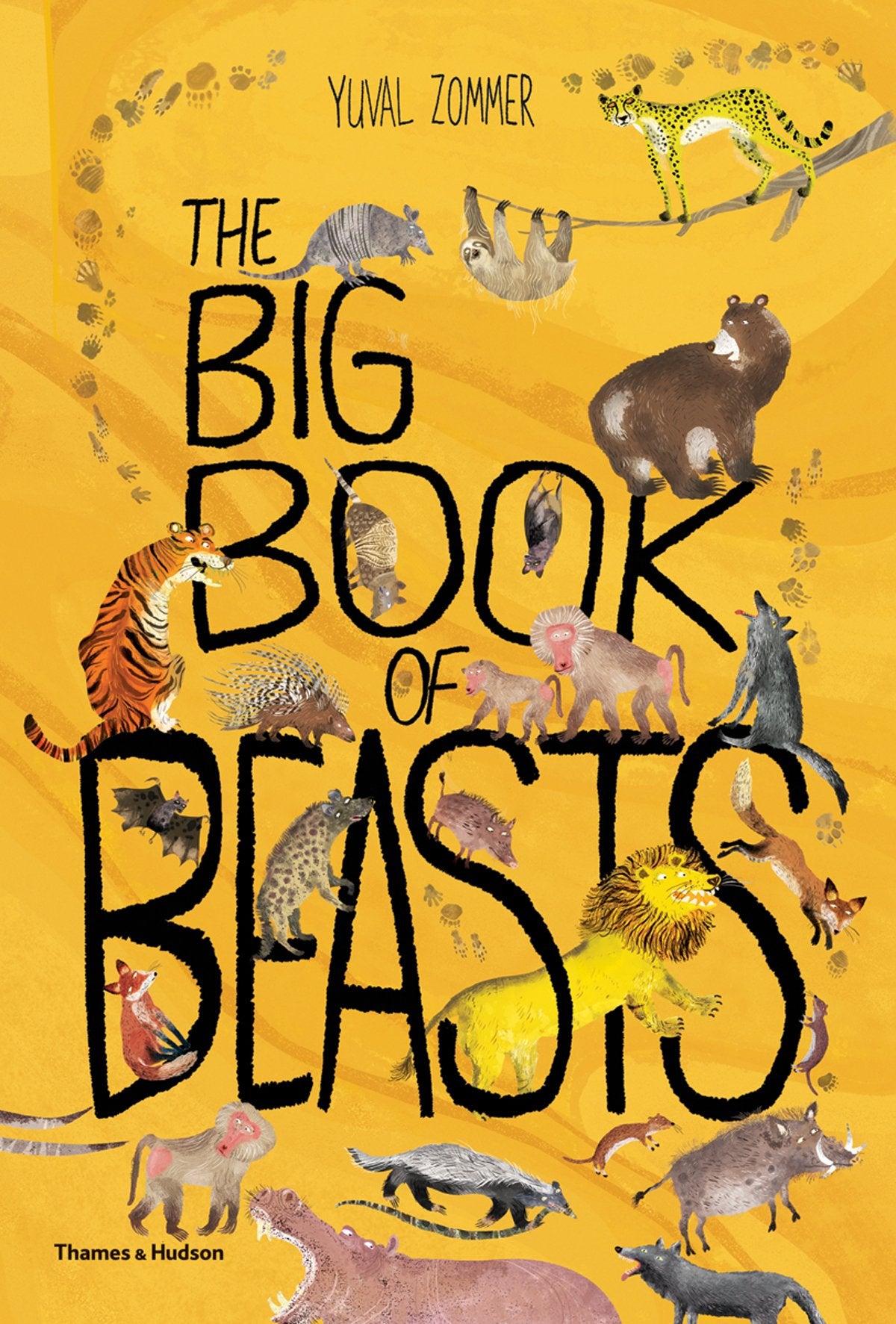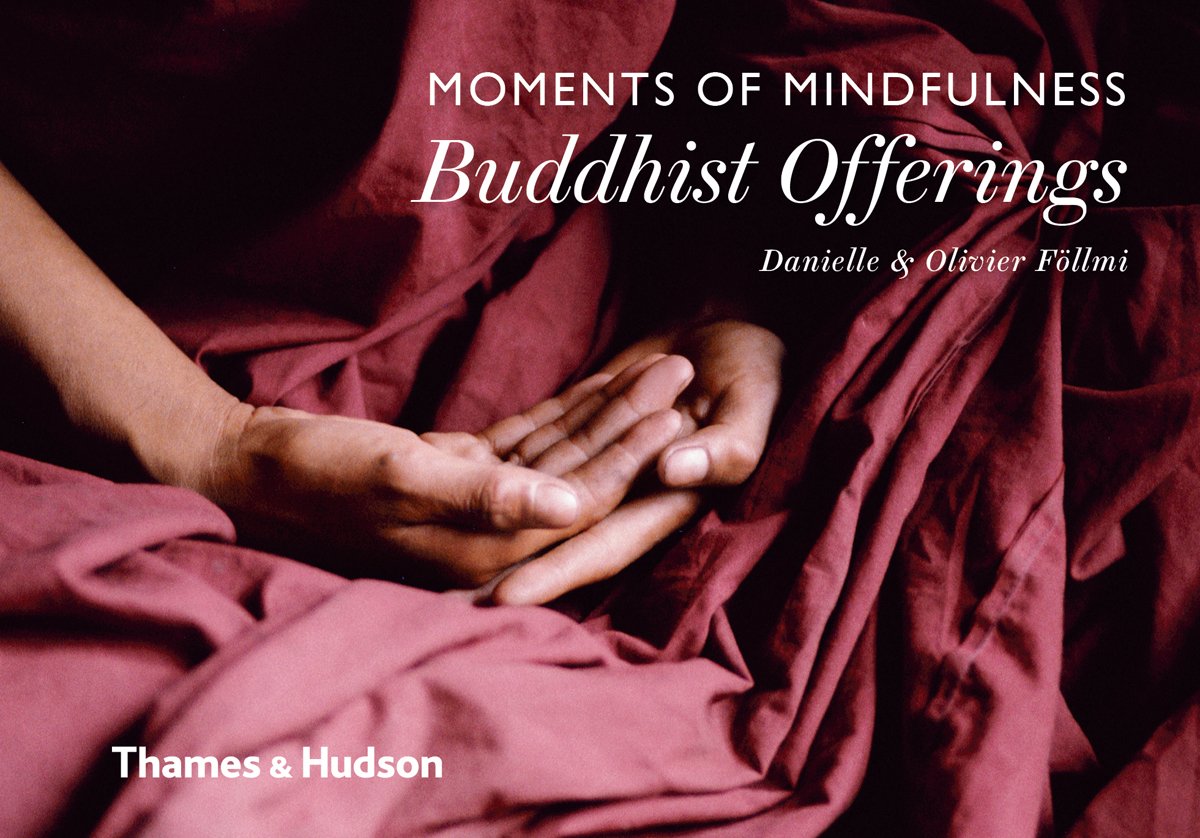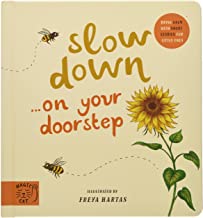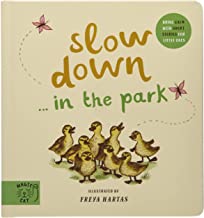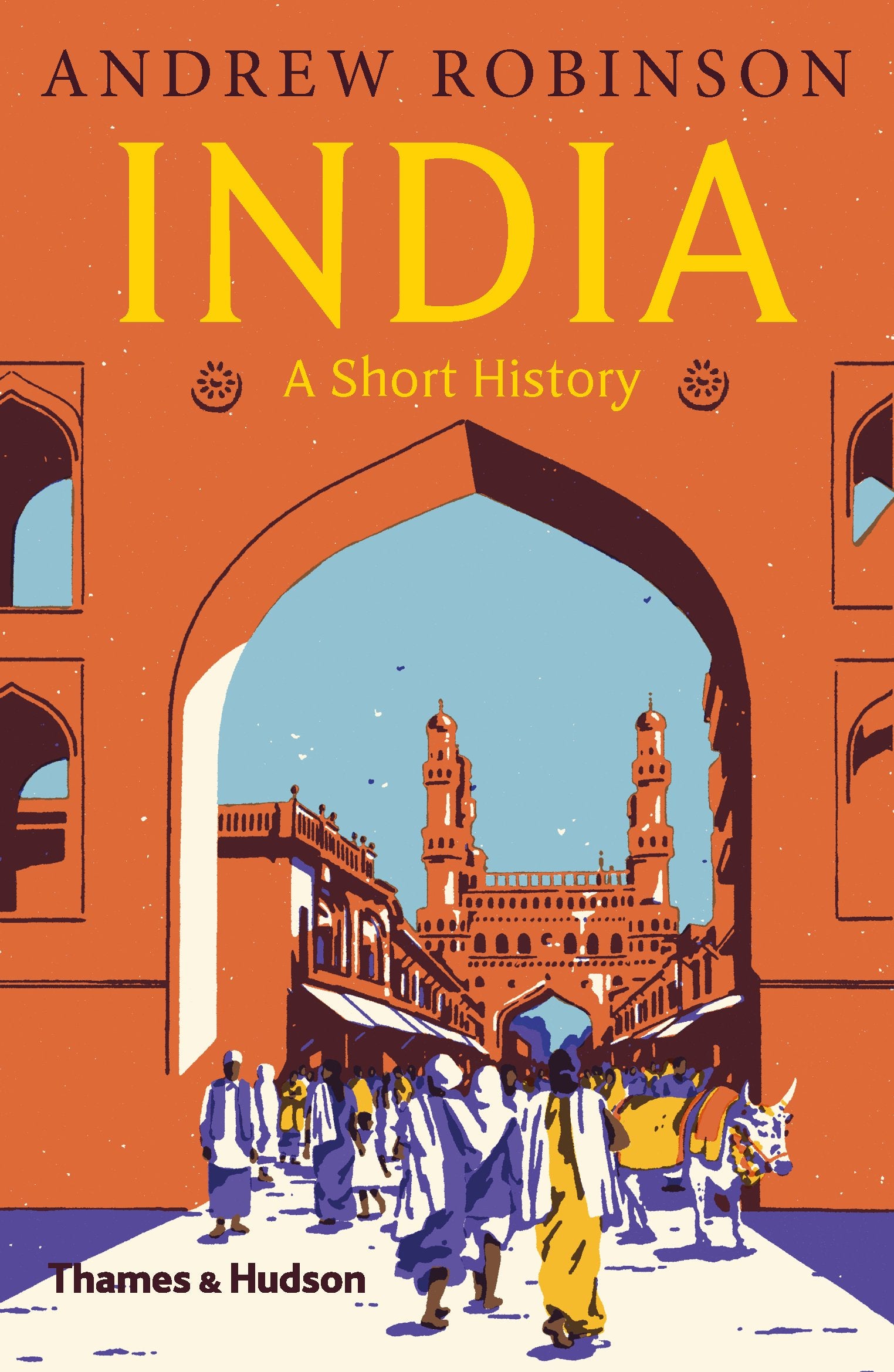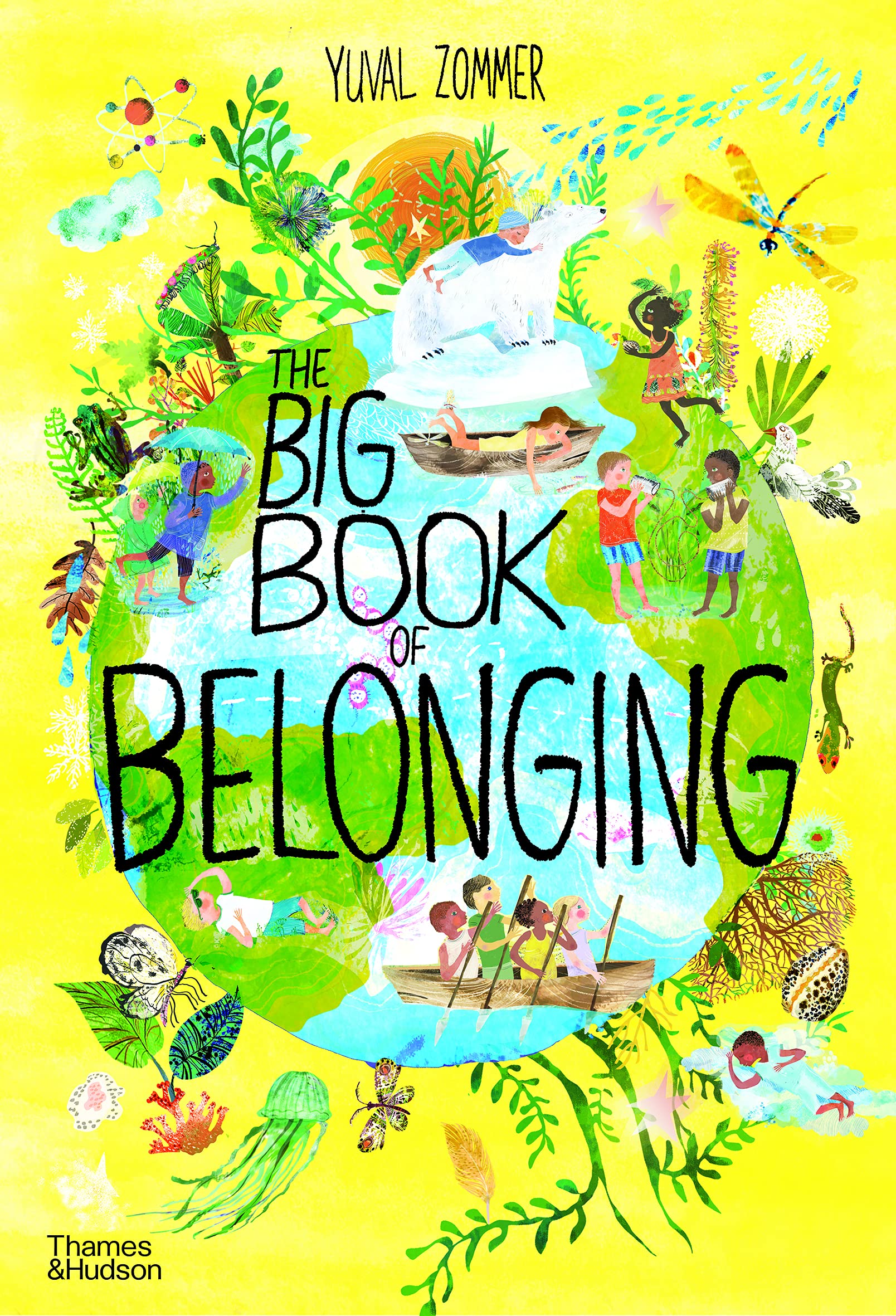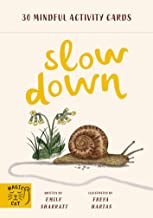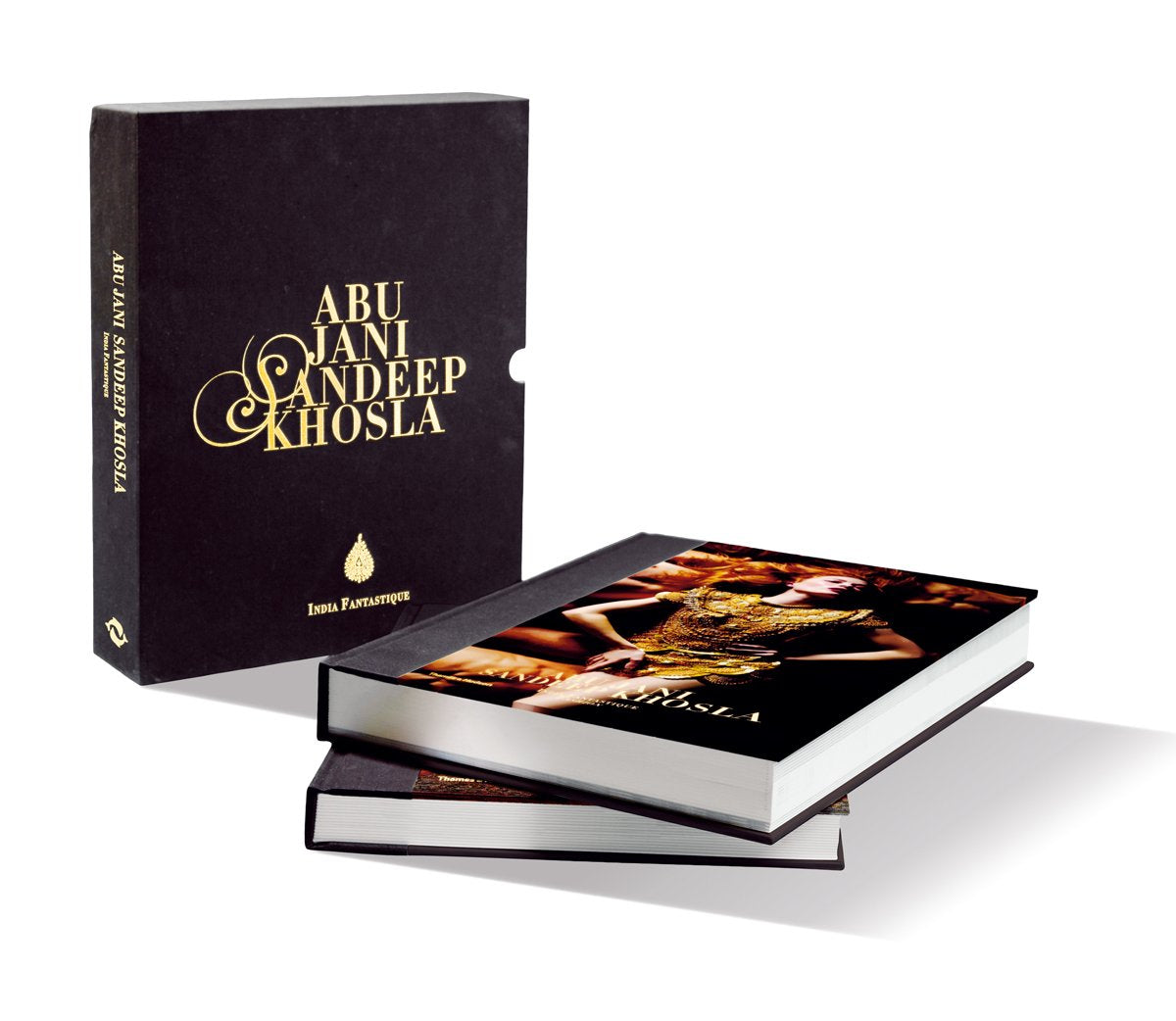Plague, Pestilence and Pandemic: Vocies from History
Peter Furtado
Humanity has always been struck by pestilence and pandemics, from the plagues of ancient Egypt to the pox that ravaged Europe in the Middle Ages, to Covid-19. People living through the crises have always recorded what they saw, what they felt, and what they did. Some presented sober facts laced with anecdote, while others produced emotional outpourings; moralists speculated on the origins of the horror, poets distilled the suffering. Doctors described how they were able to advance their understanding of disease and scientists how to cure it, while survivors and the families of victims gave the inside story of the nightmare that develops when a long-feared disease enters your home or your body.
There was a time when to read accounts of the Plague in Wittenburg by Martin Luther or the Great Plague of 1665 by Samuel Pepys – scenes of anguish and woe, empty streets, quarantined houses, closed businesses, overflowing graveyards, heroic doctors and nurses, quack remedies and charlatans – was to enter a disturbing and unfamiliar world. Today, to read the same words is to be hit by a jolt of recognition and understanding. As well as causing a huge loss of life, the Covid pandemic has taught us a great deal about ourselves and the way we live, illuminating tensions at the heart of society. This collection of intimate and revelatory first-hand accounts of pandemics through the ages bears witness to despair, rage, the blackest of humour, heartbreak and hope. These voices hold up a mirror to our own experiences of, and responses to, the crisis today.
Peter Furtado is the former editor of History Today. His publications include the Sunday Times bestselling Histories of Nations, as well as Revolutions: How They Changed History and What They Mean Today and Great Cities Through Travellers’ Eyes.







